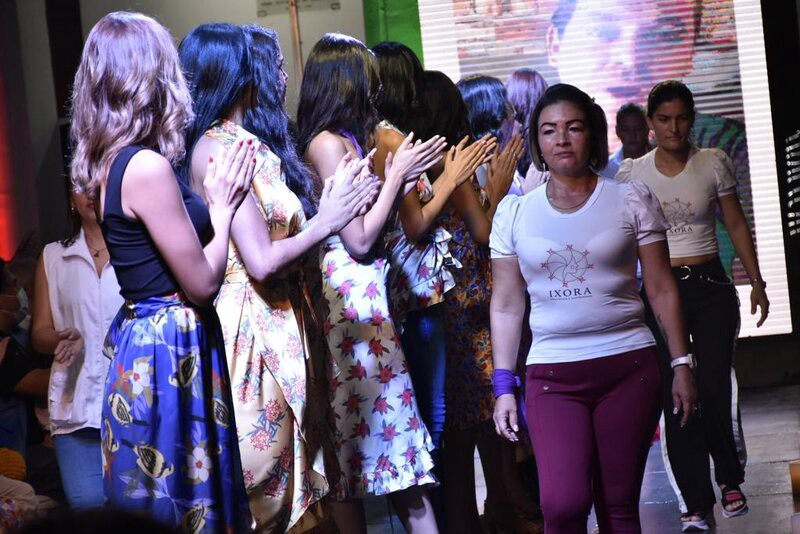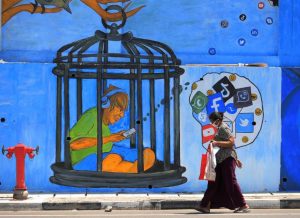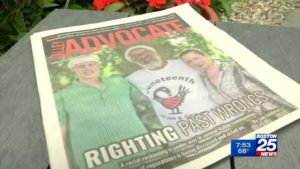The peace agreement reached in Colombia in 2016 put an end to the long armed conflict between the Government and the FARC-EP guerrillas. For 13,000 former combatants, the accord meant starting a new life.
In Colombia, the number of former combatants who are participating in collective and individual productive projects as part of their economic reincorporation has increased steadily over the past few years. The latest report of the Secretary-General on the situation in the country notes that as of March 2022, there were 116 collective projects benefiting 3,855 people — including 1,089 women — and 3,918 individual projects benefiting 4,736 people, among them 1,097 women. This means that 63 per cent of all confirmed former combatants now take part in such initiatives. Among women former combatants, the proportion is even higher: 70 per cent.
One of these collective productive projects is to be found in the former Territorial Training and Reincorporation Area (ETCR) of Caño Indio, in the Catatumbo region near Colombia’s border with Venezuela. There, and despite the COVID-19 pandemic, the leaders of the local women’s committee recently realized a lifelong dream and built their own clothing workshop in the ETCR.
Created with the help of different organizations, “Stitches of Peace” is a space not just for work but also for women’s empowerment.
“This is a space for us and here we not only come to work with the sewing machines, here we meet and let off steam among all of us. Many women are experiencing gender-based violence,” says Katherine Avella, the leader of the initiative. “Sometimes the conditions in their families are not optimal, and this space helps us talk and solve our problems as women. We seek economic autonomy to prevent gender-based violence.”

The United Nations Verification Mission in Colombia, as part of its mandate for the economic reincorporation of former combatants and social leaders, formed a strategic alliance with fashion designer and entrepreneur Lina Garcés, who brought her team of experts to the Caño Indio ETCR to train the women in haute couture and marketing techniques. The reincorporated women learned about the world of fashion and strategies to be competitive. They acquired new skills in different sewing techniques and began their own women’s clothing line.
“Our brand is called Ixora, inclusive and autonomous,” Avella says. “Ixora is a flower from Catatumbo that blooms all year round because, despite the dryness of the climate, the sun, lightning and thunder, it is always resilient. We are in a difficult land, but there is always joy.”
“It is a wonderful experience to work with these women,” says entrepreneur Lina Garcés. “We are in a personal discovery of each of them, they all have a fascinating story.”
The women of Ixora showcased their work at their first runway show in January 2022, at an event in the city of Cúcuta.

“These women in the process of reincorporation come from a complex territory and today they are fashion designers,” the mayor of Cúcuta, Jairo Yáñez, said. “We are committed to accompanying them. These women from Caño Indio are an example for a peacebuilding plan: These seeds of our rural population will become our essential fruit to move our economy by supporting entrepreneurs.”
Since that first show in Cúcuta, the women have also taken their designs to Bogotá, the Colombian capital, and are now working towards participating in the Colombiamoda fair in Medellín, the country’s most important fashion event, in July. In 2022, the group of women behind Ixora plans to continue to strengthen their brand and train in marketing tools that would allow them to consolidate their business model and, they hope, conquer catwalks nationwide.
This article is based on a story, in Spanish, written by Diego Morales, Public Information Officer — Cúcuta Region, UN Verification Mission in Colombia




